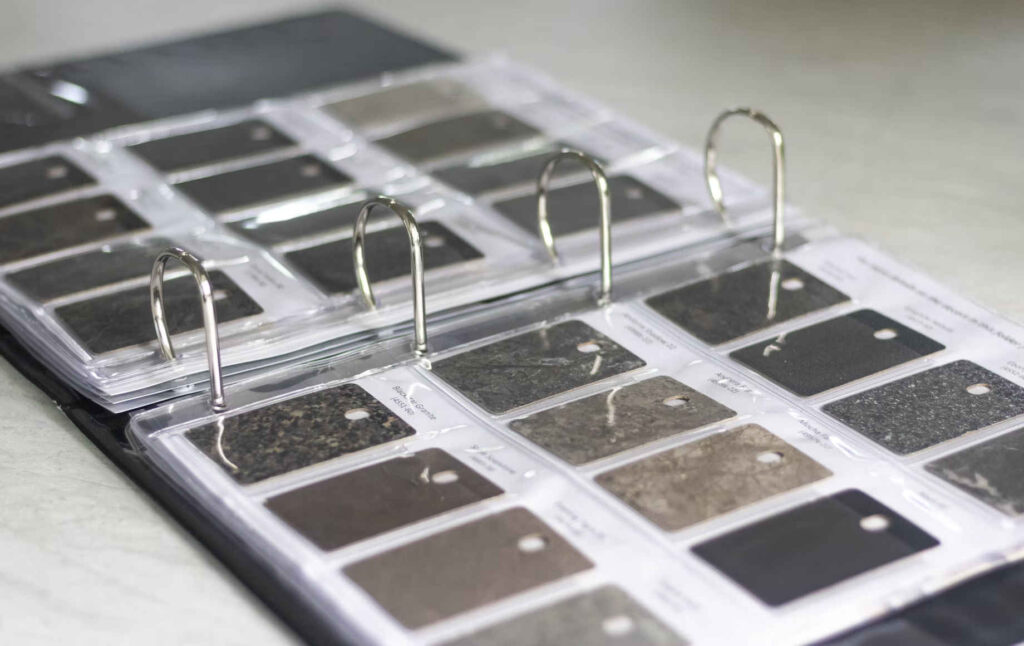A group of unions and public health experts is advocating for a ban on engineered stone, citing the material’s links to the lung disease silicosis.
The call to action follows Australia’s recent prohibition of the material, implemented after workers developed the potentially fatal disease from inhaling silica dust during fabrication processes.
The group, comprising 18 organisations including the New Zealand Council of Trade Unions, the Nurses Organisation, and the Asthma and Respiratory Foundation, stresses that there is no safe level of exposure to silica dust and that a ban would protect workers’ health. The open letter to Workplace Relations and Safety Minister Brooke van Velden highlights the availability of safer alternatives and urges swift action to prevent further harm.
Despite a growing body of evidence and the proactive measures taken by Australia, van Velden told media she preferred a more measured approach, prioritising evidence-based regulation specific to New Zealand’s context. Industry groups have lobbied against a total ban, suggesting that new low-silica engineered stone products and stricter enforcement of safety measures could suffice.
However, unions and health experts argue that only a complete ban will adequately protect workers, emphasising the preventable nature of silicosis and the ethical imperative to ensure safe workplaces. The debate continues as van Velden reviews the advice from officials, with a decision expected later this year.
Image credit: Callum Hill

LOL! Another bat in the attic ban in the works. Concrete cutting produces as much silica dust – in fact any work demolishing concrete produces far more silica dust. Kitchen bench top manufacturing’s dust risk is easily mitigated by working with wet surfaces only just as concrete cutting is doing now.
Rock dust is bad. Therefore ban rocks. Could only make sense to a PUBLIC HEALTH EXPERT.